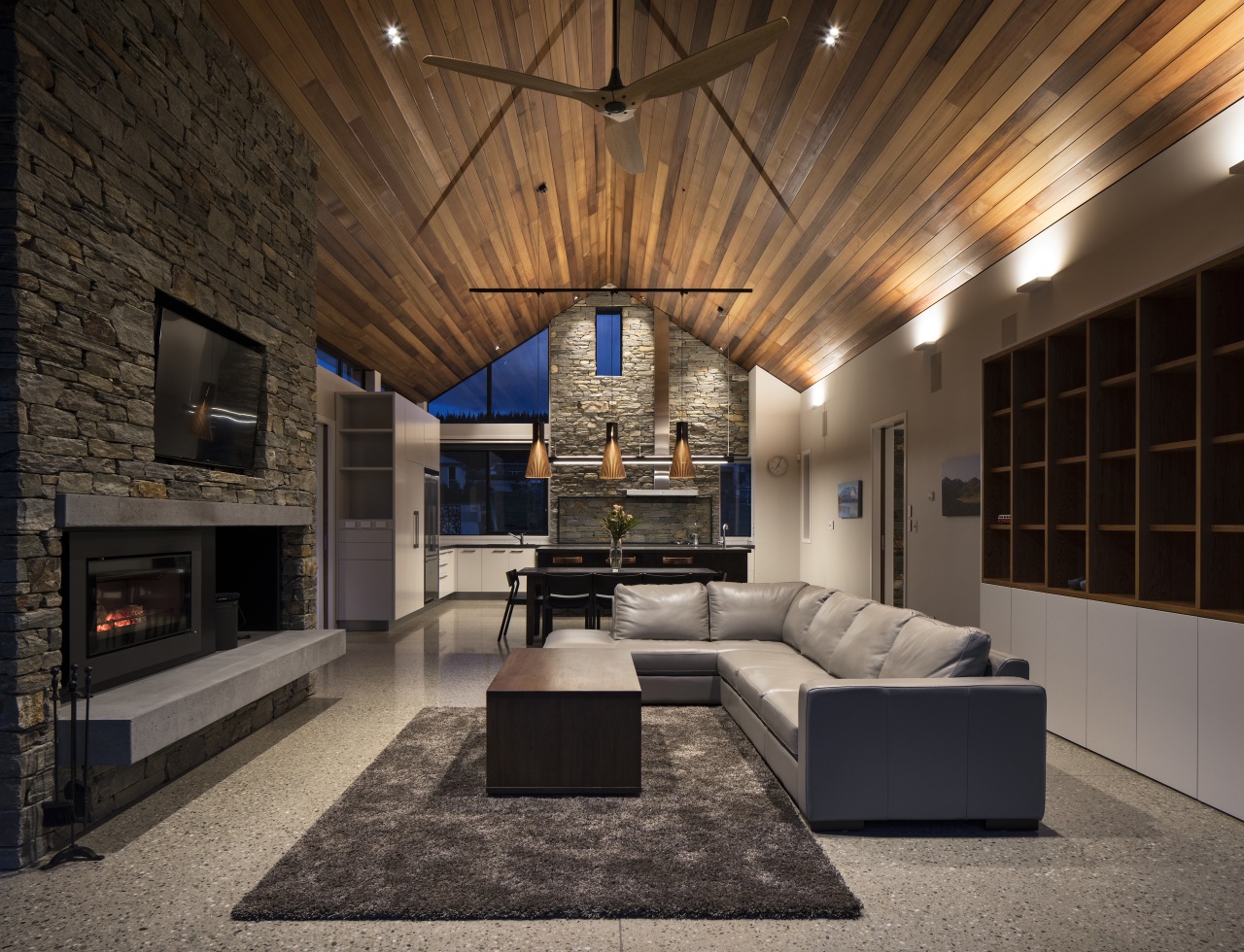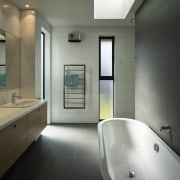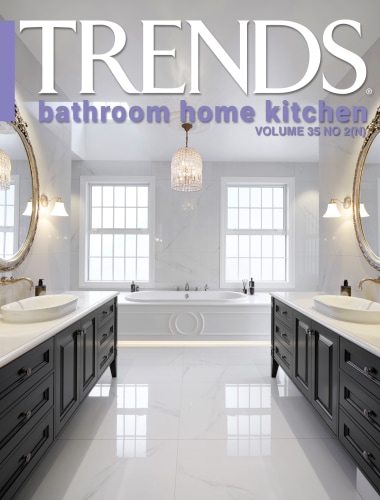Three-pavilion home connects with mountain landscape through material palette and form
Featuring local schist and looking to Lake Wanaka and Treble Cone skifields, this gable-roofed home is fully immersed in its scenery

The architecture of a home does much more than offer comfortable living spaces and the best possible outlooks. Sometimes, the way of using the space and how family members can have privacy or come together is all written into the blueprint.
This home by architect Barry Condon is located on a suburban site looking to Lake Wanaka and the Southern Alps.
“Based overseas and with young child- ren, the owners were after a design that would work well in the short term as a holiday base but in the long term could be a permanent family home,” says Condon.
“They liked the idea of using gabled forms along with low upkeep cladding. Plus, they requested that all the primary spaces enjoy unobstructed views to the lake and mountains.”
In other considerations, the house had to achieve privacy from near neighbours on either side and also offer protection from the prevailing wind.

With all of the above in mind, Condon designed the house with three gabled pavilions, running from east to west. The peaked forms are clad in locally sourced schist and durable standing seam steel.
“The primary central pavilion is taller than those to left and right, and as such has a soaring interior, with a feature cedar ceiling that leads the eye out to the views,” Condon says.
“This pavilion contains the open-plan living spaces, including the kitchen, dining and living areas – with the kitchen, at the rear of the space, getting the early morning sun.”
The kitchen island is fronted in Corten steel that will verdigris over time, while the splashback is essentially the schist wall behind – the rugged stone protected by a sheet of glass to keep it pristine.
Orienting to the mountain views, the living volume opens up to a large courtyard on the side – enclosed between the central pavilion and the master bedroom pavilion. This arrangement has the added advantage of also bringing privacy from the neighbour beyond the bedroom wing. And similarly, the guest wing with garage screens the other near neighbours.

Back-to-back fireplaces set in a sharedschist surround service the living areas and the courtyard, another example of the schist doubling as an interior wall – effectively, bringing the outside inside.
As well as screening the neighbours left and right, the home’s layout serves as a buffer in other ways too. The master suite pavilion – complete with bedroom, walk-in robe and large ensuite – is fundamentally separated from the guest pavilion by the central living pavilion.
“This creates a more private retreat for the homeowners and means if parents or guests are staying they can close off the guest pavilion, which has three bedrooms, the main bathroom, a separate toilet and the laundry,” says Condon.
“This design also futureproofs the home, in that if the couple do move here permanently, their children will occupy the guest wing and have a sense of separation themselves.”
Contrasting the dramatic living space, there’s a snug family room that connects the master and living pavilions. This will also be useful in later years when family members want their own space.
Credit list
Architect
Kitchen designer
Cladding
Paint
Benchtops
Sink
Oven
Ventilation
Dishwasher
Basin
Shower fittings
Tiling
Blinds and Drapes
Builder
Landscape
Roof
Main flooring
Kitchen cabinets
Splashback
Taps
Cookstops
Refrigerator
Taps
Bath
Pendants
Awards
Story by: Charles Moxham
Photography by: Simon Devitt
Home kitchen bathroom commercial design
Home Trends Vol. 35/2
One of the best ways for you to start creating the bathroom – home or kitchen – you've always wanted is to look through ...
Read More












